By Katherine Barnett Jones, Psi/Arkansas
In 1895, Arkansas Industrial University had been open for only 23 years, and just 70 women were enrolled. It had only been 14 years since electricity came to the university, and it would be another four until the school was renamed the University of Arkansas. We were still 25 years away from the year women gained the right to vote.
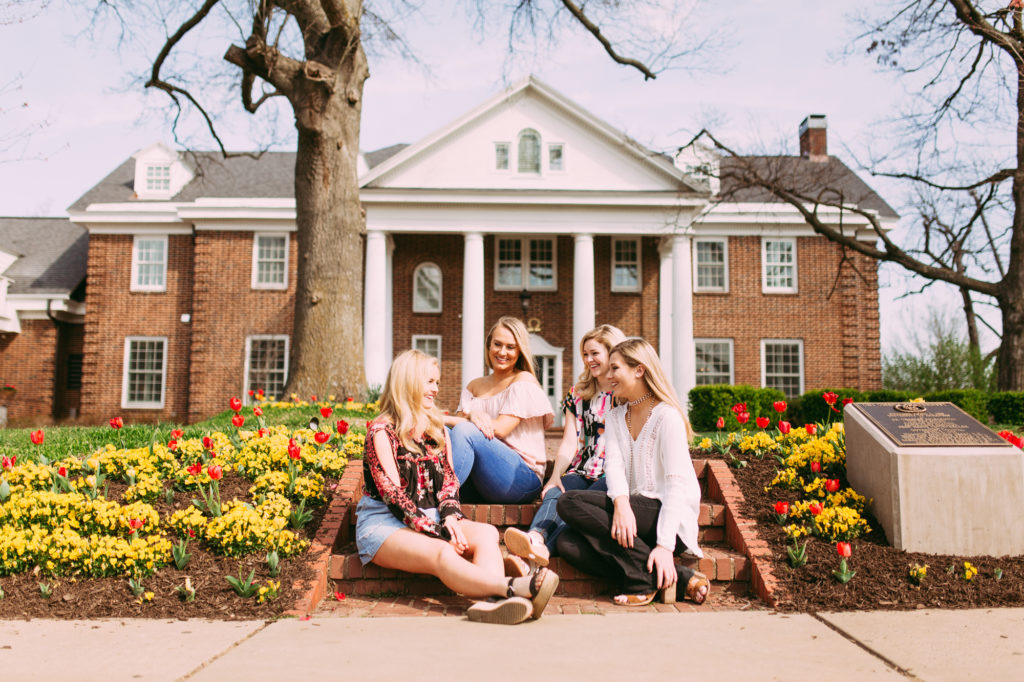
Nonetheless, four female students enlisted the help of a local dentist to create an organization that would propel women forward with the intent to make a true impact on society through the pursuit of womanly ideals.
As the first groups of women joined our Founders in this effort, they met in homes throughout Fayetteville to further their newfound Sisterhood. In 1928, starting with $2,000 in seed money provided by Dr. Charles Richardson, the Psi Chapter established a home near the University of Arkansas’s campus.
We are all a part of this continuing story about the thousands of women who have continued to build upon the dream that our Founders set into motion so long ago. Today, whether in chapter homes, dormitories, lodges, or any space where Sisters gather, their vision has spread from coast to coast. Each one of these places has a legacy, but Psi Chapter’s started here.
Home for All Chi Omegas
As an only child from a small Missouri town, I was clueless to the sorority process or the reputation of any chapter on campus when I started recruitment at the University of Arkansas. All I knew was that 940 West Maple felt like a sanctuary from self-doubt and comparison. One after another, each woman I spoke with was genuine, passionate, and intelligent; never forced or fake. Unaware of Psi Chapter’s legacy or the competitive nature of the recruitment process, I was entirely confident when I opened my bid card on the lawn of the Chi Omega Greek Theatre at the end of the week. There was just not another chapter that came close—a sentiment shared by generations. Nancy Walton Laurie, the Honorary Chair of the Psi Chapter House Building Committee shared, “When I pledged Chi Omega in 1970, I immediately knew I’d found my home away from home. What distinguishes Chi O is its diversity; from scholars to homecoming queens, Chi O accepted all women with open arms.”
Today, approximately 1,600 women go through recruitment at the University of Arkansas every year. The Psi Chapter is currently home to 437 women, one of just a few schools nationwide to top 400 members among Panhellenic groups.
Psi Chapter House
Situated at the top of “The Hill” of the University of Arkansas campus in the Ozark Mountains, the Psi Chapter house is the only sorority house allowed to be mentioned on campus tours for prospective students because of its status as a historic landmark. The house has gone through many restorations and updates since its first groundbreaking in 1928, with the most recent renovation completed in fall 2016.



While the new design unites history and modernity, elements will be familiar to previous visitors. The original foyer and front rooms of the house have the same layout and retain a few newly dressed key pieces of furniture.
The University of Arkansas Campus
The University of Arkansas set the scene for our Founders to meet and grow to build our Sisterhood, and many of the places and traditions they knew so long ago are still in use today. The center of campus is home to Old Main, the university’s oldest building and the place where, in 1895, Jobelle Holcombe asked Allie Simonds to be the fifth and final Founder of Chi Omega on the second-floor landing of the North Tower. While the landing where they met no longer exists, Old Main remains the centerpiece of campus and an active part of classes and student life.
The steps of Old Main also mark the beginning of Senior Walk. One of the university’s oldest traditions, every graduate of the University of Arkansas since 1905 has their name carved into the sidewalks of campus, beginning right here. You can find both Allie Simonds’s and Jobelle Holcombe’s names just steps from the grand entrance of Old Main.
Holcombe Hall, located around the corner from the Psi Chapter house on Garland Avenue, is no coincidence. Currently used as a dormitory for international students, this building is named for our own Jobelle Holcombe, a professor at the university and the first Dean of Women.
The university’s oldest buildings surround Old Main and spread toward the Chi Omega Greek Theatre, which was built as a gift to the university from Chi Omega in 1930 for just $31,000. The Greek Theatre is a touchpoint, not just for Greek Life but the entire campus, serving as a space for pep rallies, concerts, and events. In warm weather, students relax in its rows between classes and set up hammocks through trees on the ridge. New members receive their bids on the lawn of the Theatre beneath the names of our Founders, rows filled with sorority women to welcome them.
Historic Chi Omega Sites
The legacy of Chi Omega spreads past the borders of campus.
Just off Dickson Street in the heart of Fayetteville, a home sits that hosted many Sisters as they visited Jobelle Holcombe when she lived there in the 1920s.

Holcombe Home Today 
Holcombe Home 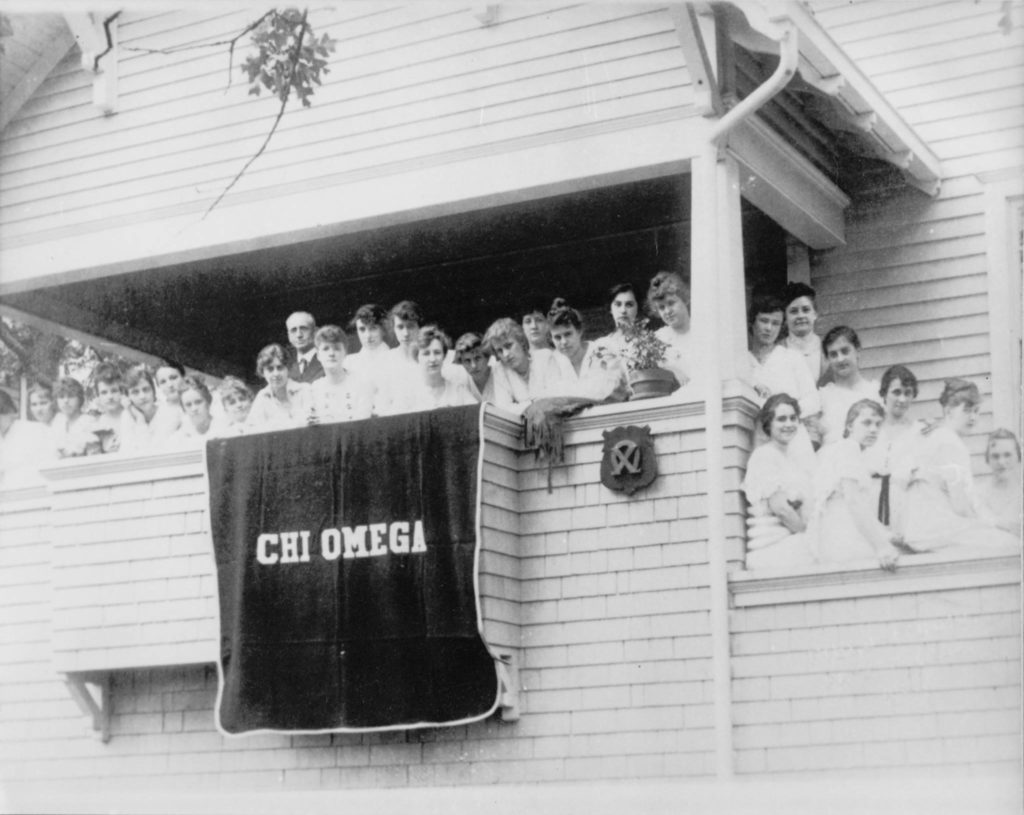
Holcombe Home
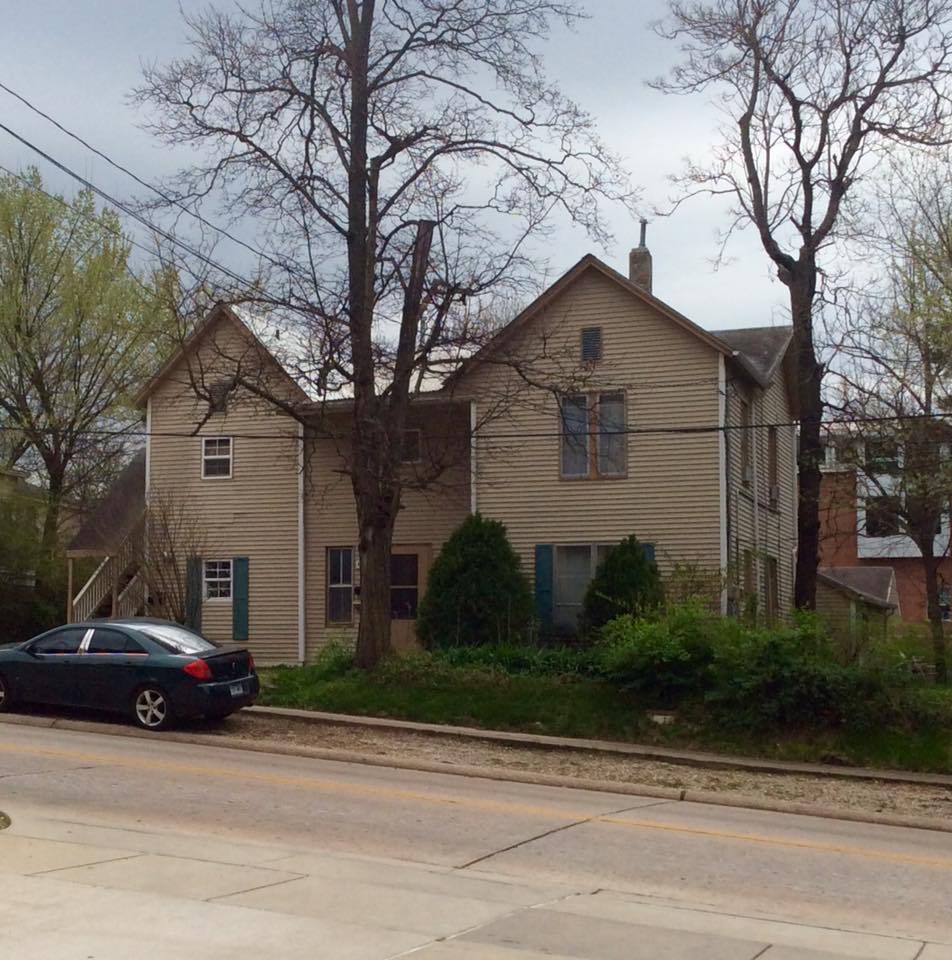
Holcombe Home Today 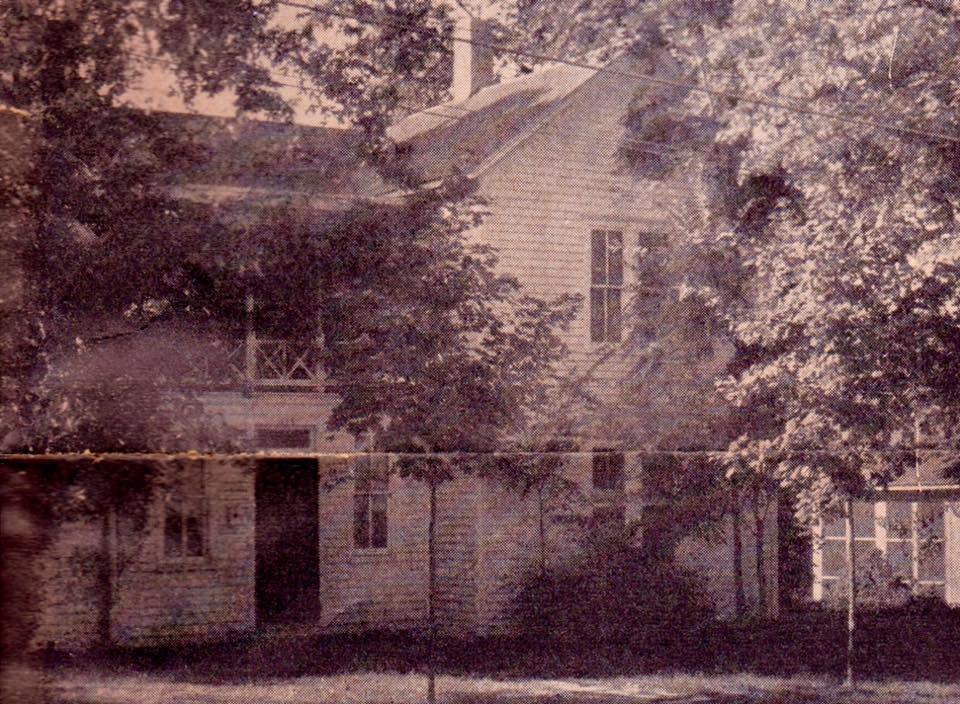
Holcombe Home
Since this article was written, a new development on the Vincenheller home has been made.
In 1895 the Vincenhellers also lived in a house near campus. The family took in boarders and there were no women’s dormitories at the time. One familiar boarder was Ina May Boles. Mrs. Vincenheller also gave the girls a room to use for their chapter meetings and many of Chi Omega’s earliest decisions were made behind these walls.
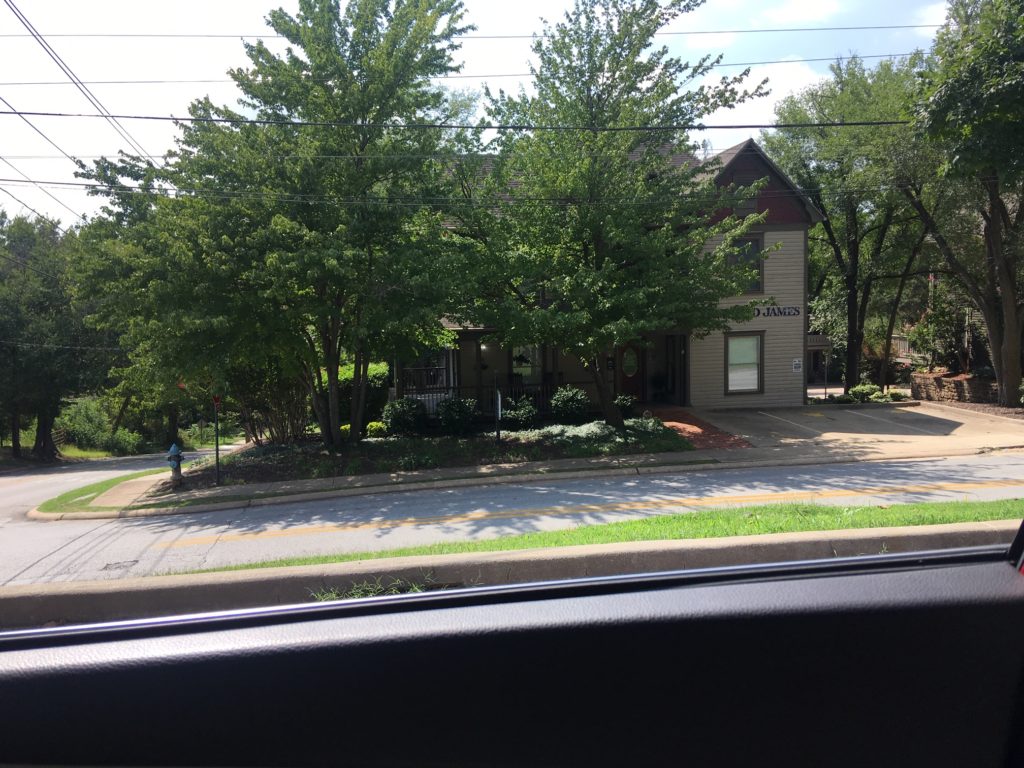
Rooted in Fayetteville – With Purpose
The Sisterhood our Founders envisioned has since begun anew on hundreds of campuses, weathering generations of change and innovation. Each chapter has unique memories, people, and places; but each of us is rooted in Fayetteville through the values established by our Founders: knowledge, integrity, courage, culture, intelligence, and the power of women with purpose.
